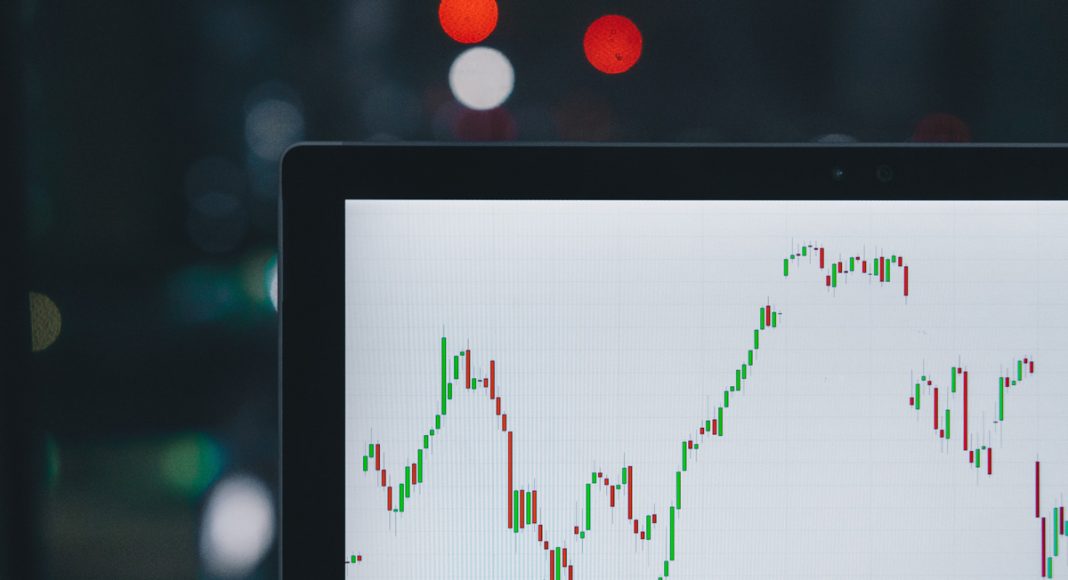Many believe that cannabis stocks are experiencing a “bubble,” meaning that market valuations are unjustified, unrealistic and based on investor hype as opposed to typical fundamental markers such as revenues, assets and profit.
Some, like The Motley Fool, believe this is a bubble ready to burst. The Wall Street Journal includes quotes from new entrants in the space suggesting this is much like the Internet stocks of 1997 or 1998, remembering that in 2000 the Internet stocks crashed mightily, taking years to recover after many companies did not survive the shakeout.
The cannabis data analytics company New Frontier Data reports that, year to date, seven of the top 12 cannabis stocks have posted more than 200% gains. The data company also seems to be recommending that, “As cannabis stocks continue to rally, prudent investors should consider taking profits and exercising caution.” The AP just quoted a stock analyst warning, “[i]f there is a bubble, larger investors will protect themselves and won’t overinvest in single companies, but smaller investors who see a chance to get rich quickly could suffer painful losses.”
It is true that, in particular in Canada, cannabis stocks are trading at extremely high valuations relative to the companies’ financial condition and results. One company, for example, with around $20 million in first half revenues, is trading at the same valuation as Macy’s, which has $25 billion in annual revenue. In the US the valuations are a bit more down to earth, but also considered by most to be high given performance.
Many others, including leaders of companies with these high-flying stocks, strongly believe these valuations are justified based on the tremendous future potential of the cannabis industry as we get closer to federal legalization in the US and global growth proceeds as well. They believe that as long as investors continue to believe in the future of the very rapidly growing industry, the valuations will continue to stay strong and be justified, and performance will grow to further support the bubble pricing. But that’s the thing about bubbles: they persist for as long as people believe in them.


